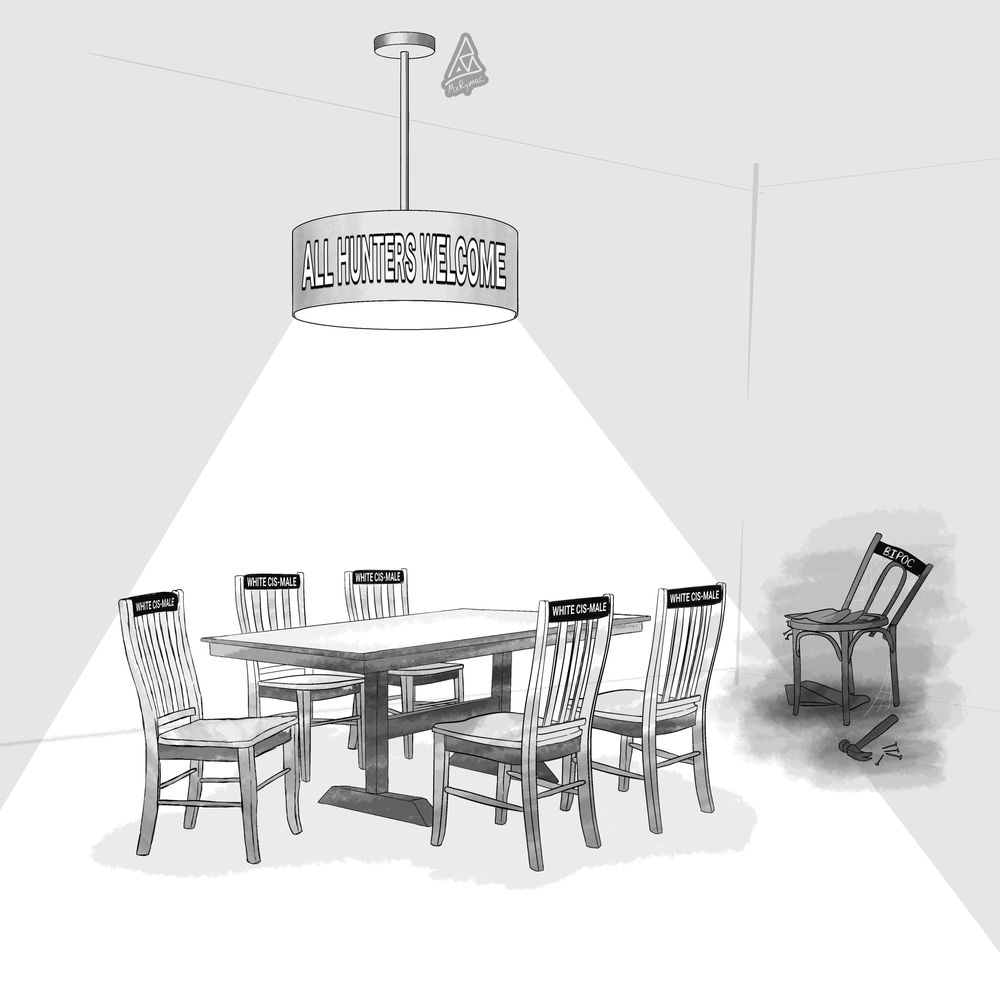Laszlo Cravensworth
Well-known member
I guess from my perspective, I don’t think there’s as much overlap in the friends and family department as some of you do. Maybe in Bismarck or Billings. Doubtful in LA or New Orleans. And it isn’t so simple to just “Google it and figure it out” when you are 10 or 12 years old, live with a single mom and don’t have a computer at home. Granted, the emphasis of most of what I work with in getting people outdoors is youth-oriented so my view is skewed that direction.
I kind of view it similar to the Women in STEM programs. Can they find information organically? Yes. Does it help to present the information to people who didn't think they were interested? Also yes.
Sometimes a little bit of exposure sparks a big interest in a person.




